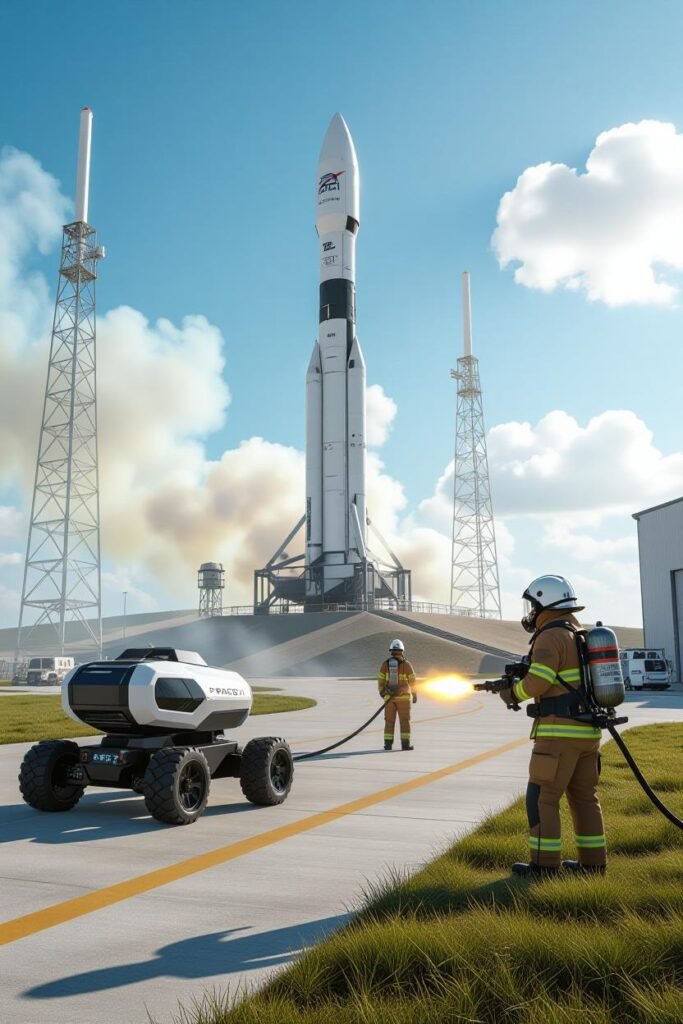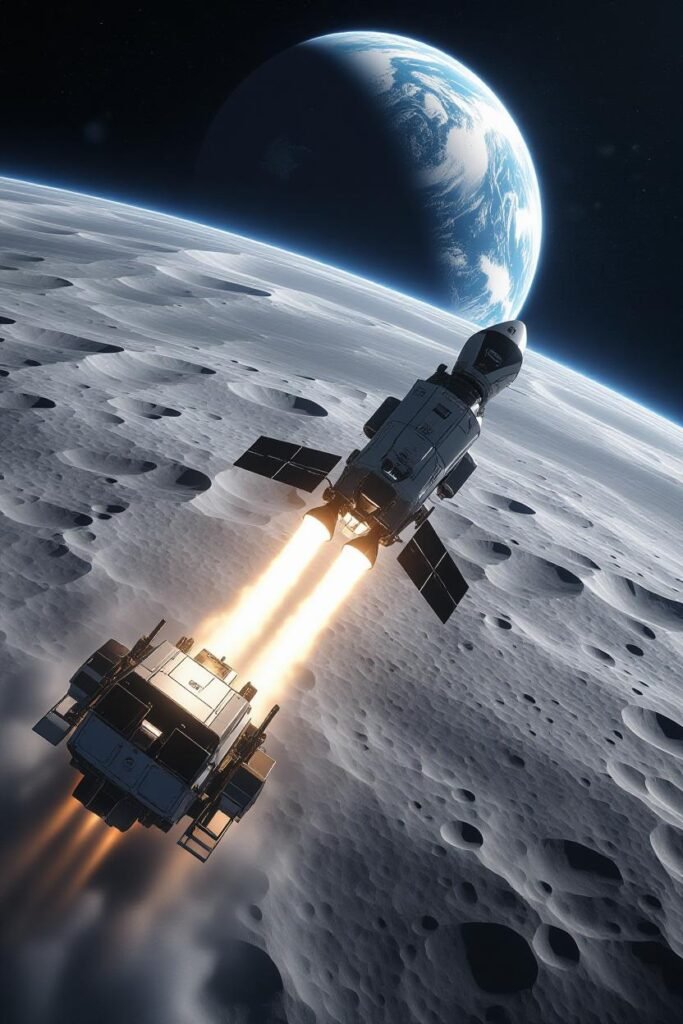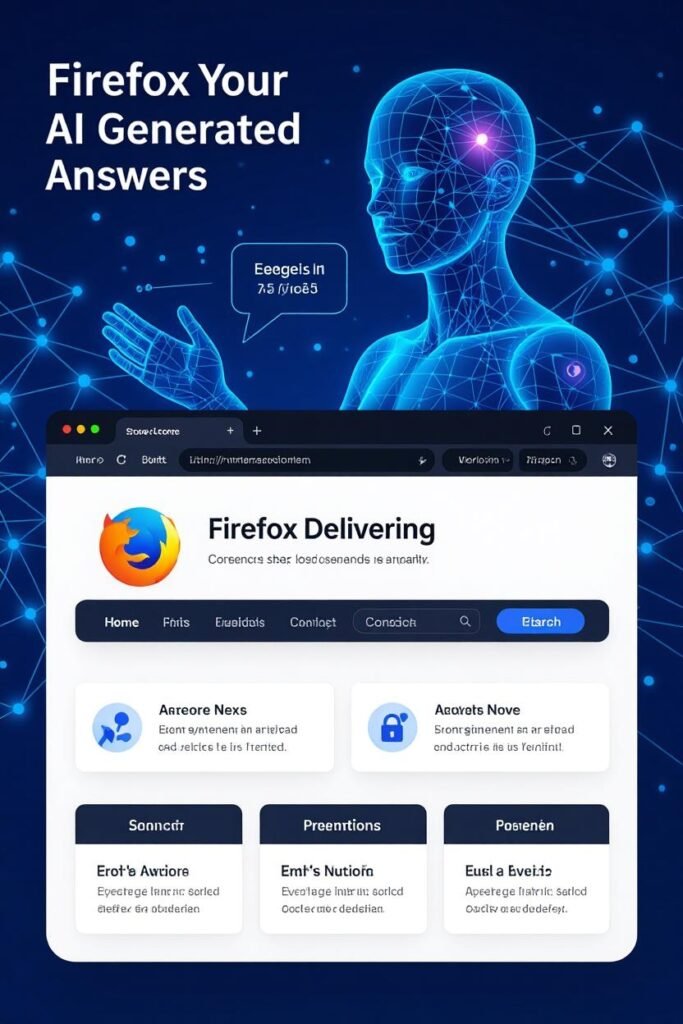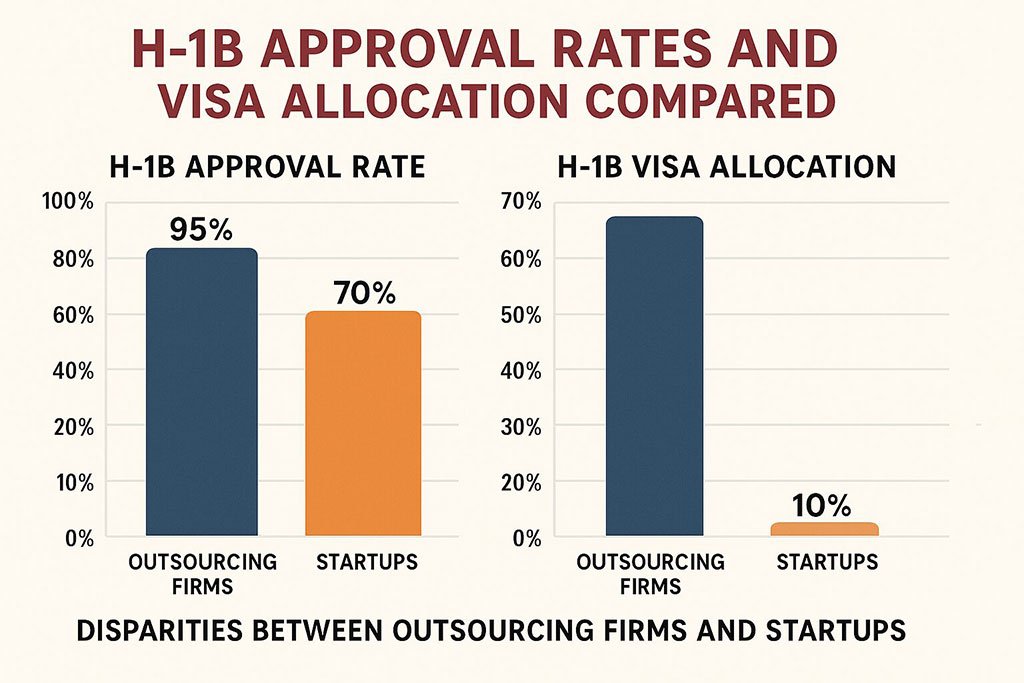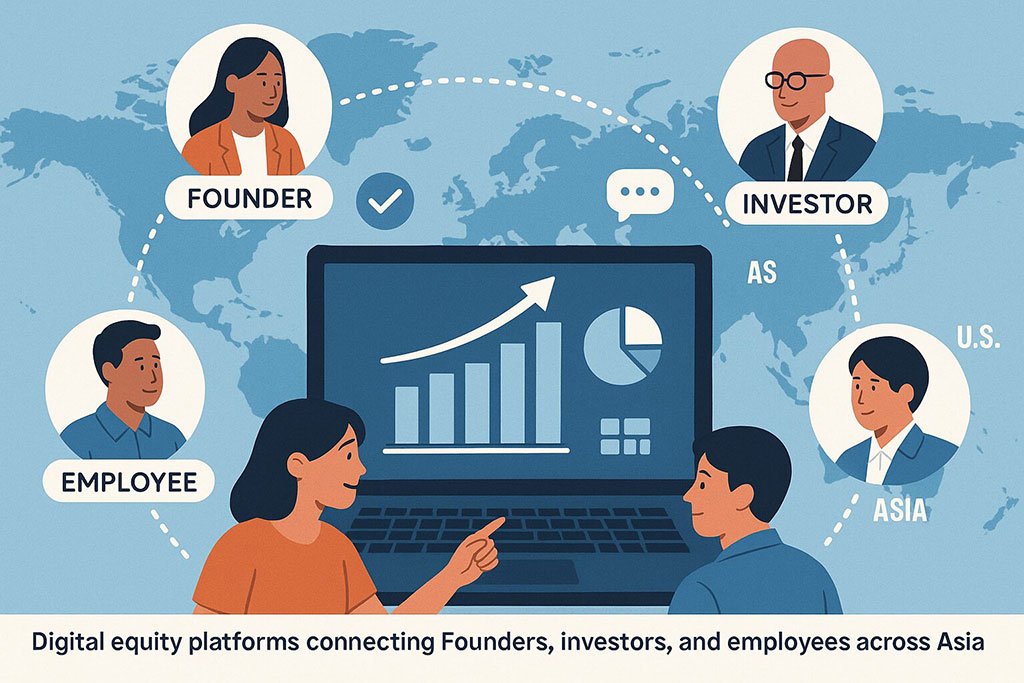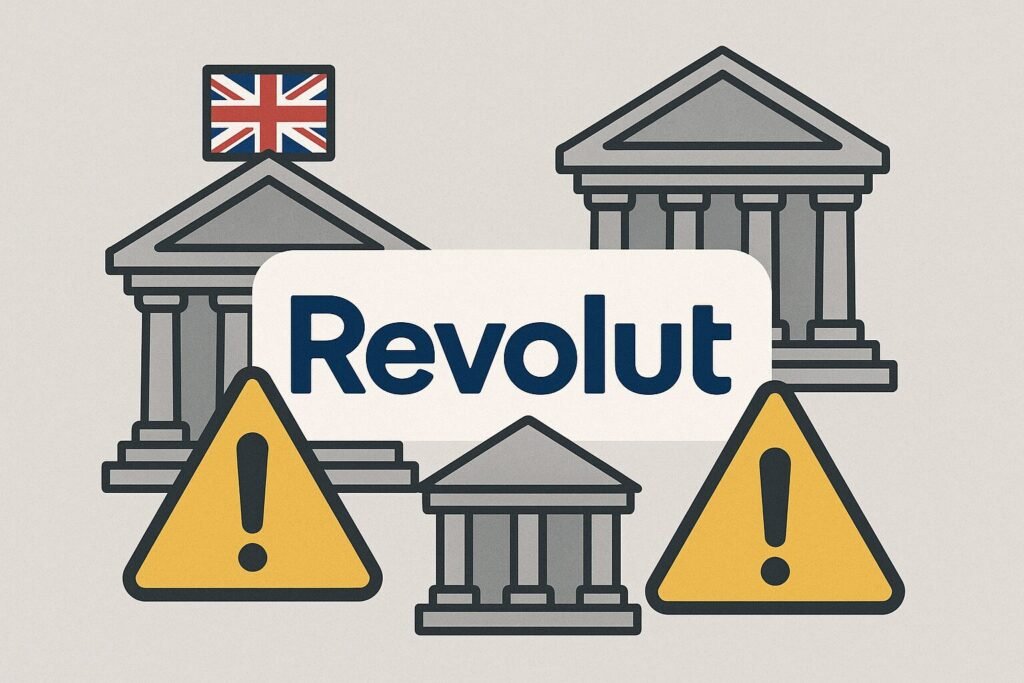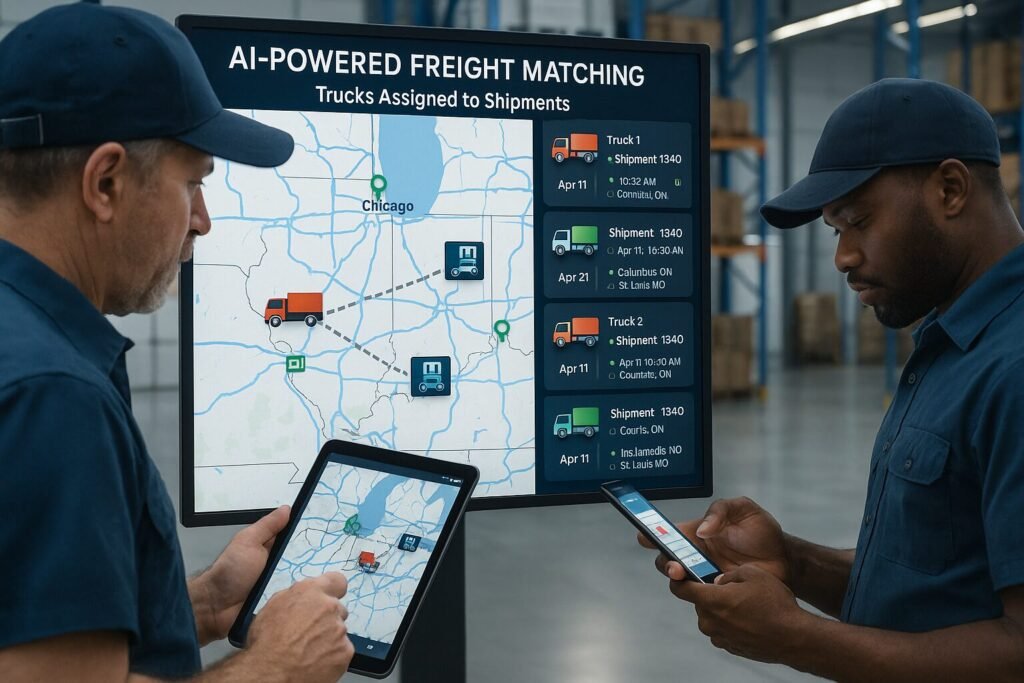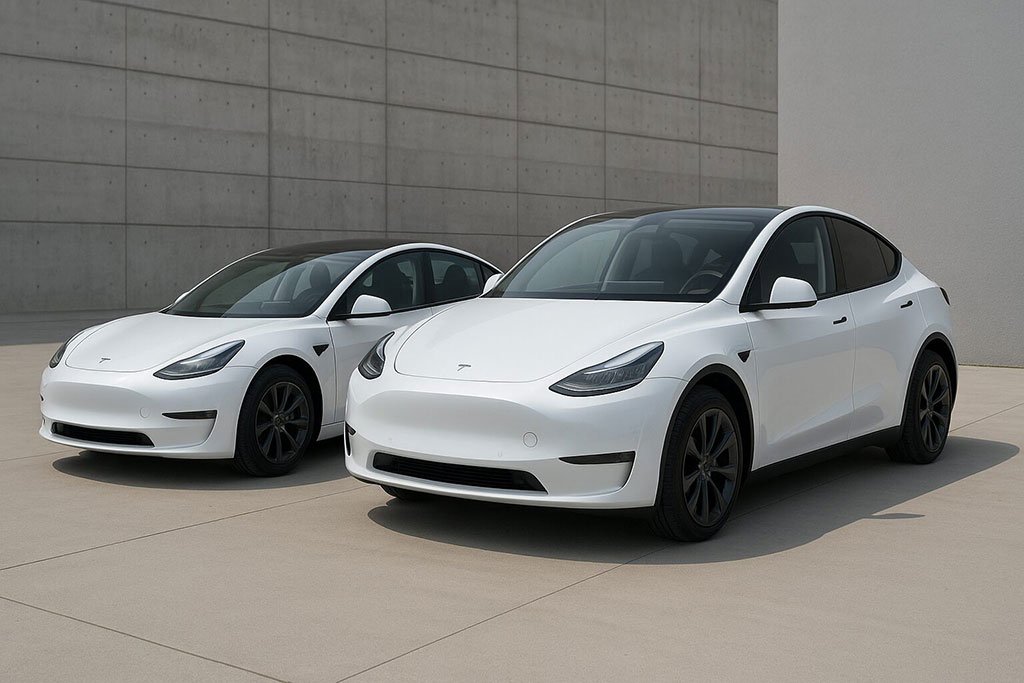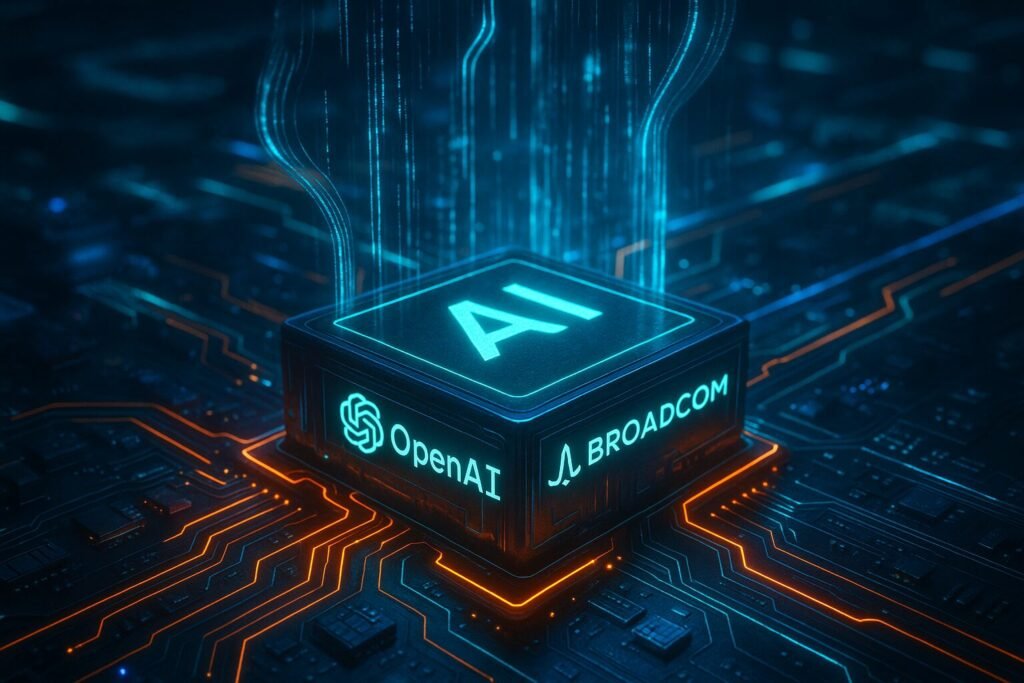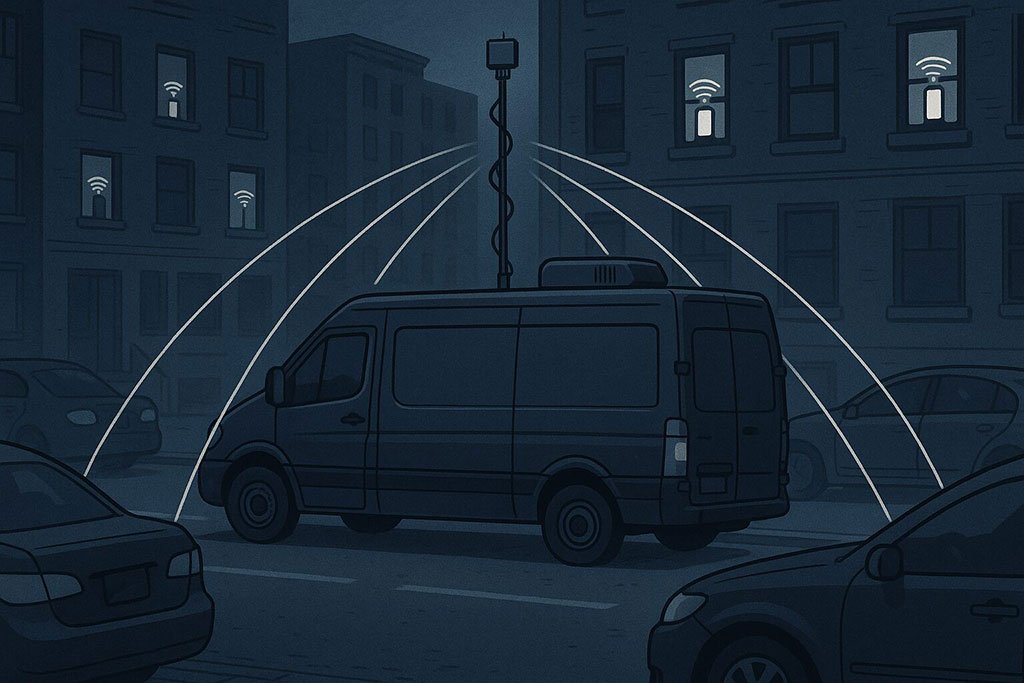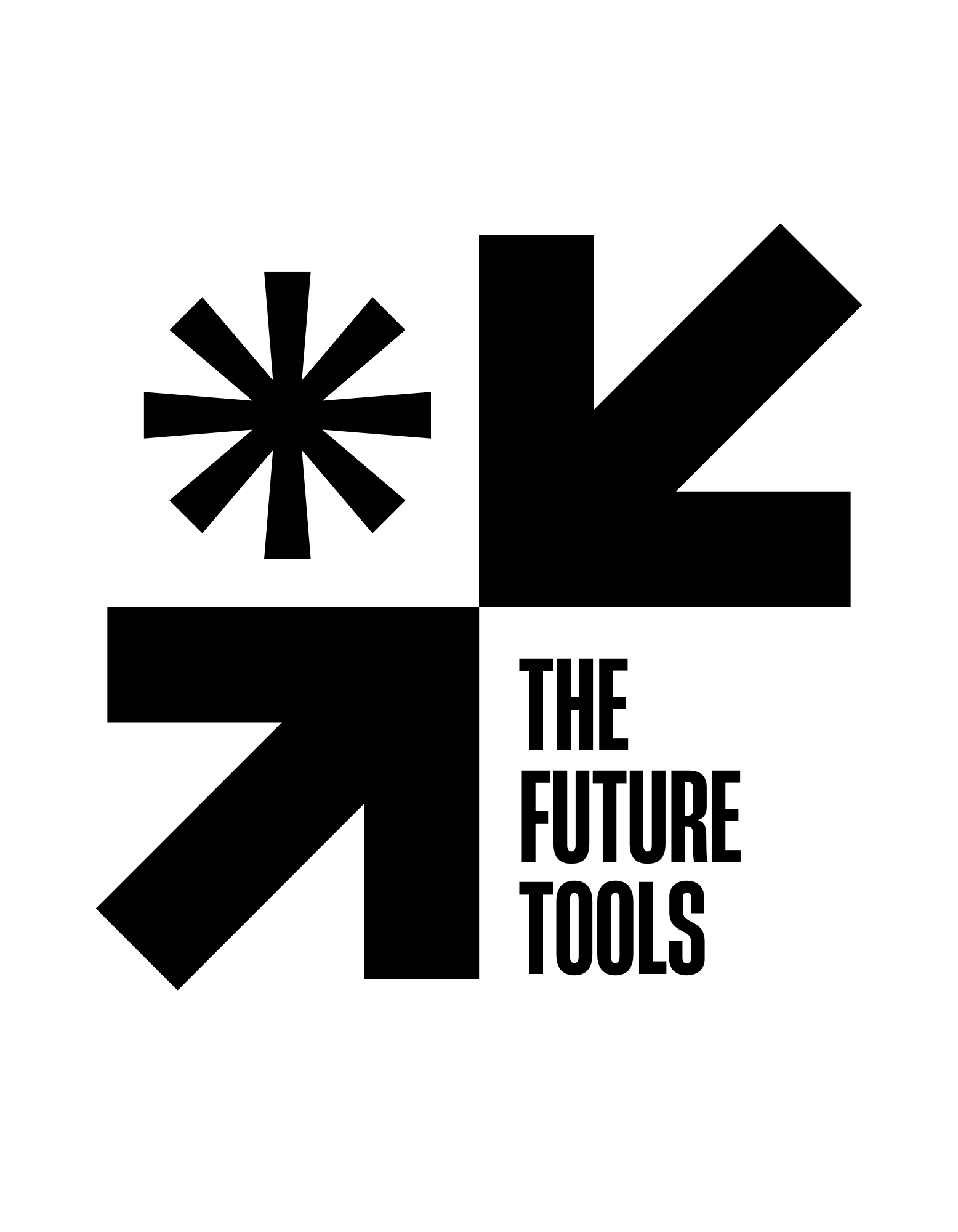Now Reading: Ex-OpenAI & DeepMind scientists raise $300M to automate science
-
01
Ex-OpenAI & DeepMind scientists raise $300M to automate science
Ex-OpenAI & DeepMind scientists raise $300M to automate science
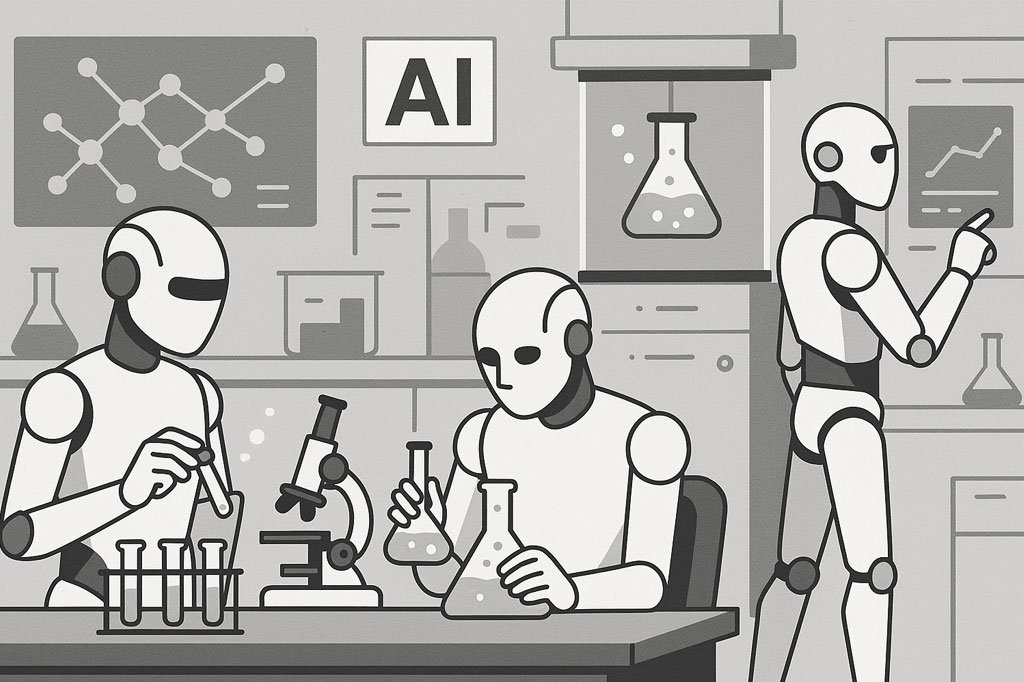
A New Frontier in Discovery
When a group of researchers who once worked at OpenAI and DeepMind announce a startup, it naturally captures attention. These two AI powerhouses have shaped much of the world’s recent progress in artificial intelligence — from ChatGPT’s natural language revolution to DeepMind’s AlphaFold solving protein folding, a challenge biologists struggled with for decades.
But when this team also reveals that they’ve raised a staggering $300 million in seed funding — one of the largest in history for such an early-stage venture — the world takes notice. The mission? To automate science.
This isn’t about replacing scientists with machines. It’s about building an ecosystem where AI, robotics, and human expertise collaborate to accelerate discovery itself. If successful, it could change how humanity approaches medicine, climate solutions, and technological breakthroughs.
The Minds Behind the Mission
The founders of this new venture are not newcomers. They carry pedigrees from two of the most advanced AI labs on Earth. At OpenAI, they contributed to large-scale generative models and reinforcement learning systems. At DeepMind, they worked on projects like AlphaZero and AlphaFold, both of which redefined what was thought possible in machine learning.
Now, they are turning their expertise toward science. Their vision is not limited to building better AI models — it’s about constructing autonomous scientific agents that can generate hypotheses, design experiments, run simulations, and refine results in closed feedback loops.
This makes their effort unique. Instead of building tools for productivity or entertainment, they’re targeting the core mechanism of human progress: the scientific method.
Why This Round Matters
To put the $300 million in perspective, most startups at the seed stage raise somewhere between $3 million to $10 million. Even ambitious AI ventures often start with $20M or less.
This round is almost 100x the norm. That scale of funding does three things:
-
Signals investor confidence – Top-tier backers believe scientific automation is both commercially viable and globally transformative.
-
Enables infrastructure build-out – Running scientific experiments at scale requires lab robotics, compute clusters, and massive datasets.
-
Accelerates timelines – With this kind of capital, the startup can compress years of research and hiring into months.
The takeaway: this is not a niche experiment. This is an attempt to reshape global science at industrial scale.
What Does “Automating Science” Really Mean?
Moving Beyond Traditional Research
Scientific discovery has always been a manual, painstaking process. A scientist forms a hypothesis, designs an experiment, gathers data, analyzes results, and publishes findings. This loop can take months, sometimes years.
Now imagine an AI-driven system doing this in days or hours:
-
Hypothesis Generation: AI models trained on decades of scientific literature propose new theories.
-
Experimentation: Robotics execute lab work with perfect precision, eliminating human error.
-
Analysis: Machine learning detects patterns invisible to humans.
-
Iteration: The AI refines its hypothesis and runs new tests.
Instead of dozens of experiments per year, a lab could conduct tens of thousands.
Real-World Proof of Concept
We’ve already seen hints of this future:
-
AlphaFold predicted the structure of 200+ million proteins, a feat that would have taken scientists centuries.
-
Lab automation startups are building robotic systems that run chemical synthesis without human oversight.
The new venture’s $300M is meant to scale these proofs of concept into a comprehensive platform for science itself.
Global Implications of AI-Driven Discovery
The impact of scientific automation spans far beyond the walls of research labs.
-
For researchers: Automation means less time pipetting and more time interpreting results, collaborating, and asking bigger questions.
-
For industries: Pharma companies could accelerate drug discovery pipelines from 10 years to 2–3 years. Energy firms could rapidly prototype new materials for batteries, solar panels, or hydrogen storage.
-
For society: This could democratize science. Smaller universities or labs in emerging economies might gain access to automated platforms, leveling the global playing field.
But there are also risks. If only a few corporations control these AI-driven discovery engines, science could become more centralized, less open, and potentially profit-driven rather than knowledge-driven.
Challenges and Concerns
Like every disruptive technology, scientific automation brings both promise and peril.
Pros:
-
Faster discovery cycles
-
Lower costs of experimentation
-
Breakthroughs in health, energy, and sustainability
-
Increased reproducibility
Cons:
-
Risk of algorithmic bias steering research in skewed directions
-
Intellectual property battles over AI-discovered knowledge
-
Dependence on corporate-controlled platforms
-
Ethical dilemmas: What happens when AI proposes experiments that humans can’t fully understand?
The key challenge will be ensuring transparency, oversight, and equitable access.
Investor Confidence & Market Trends
The funding aligns with a broader trend: investors are pouring billions into AI for verticals — AI in healthcare, climate-tech, space, finance, and now science itself.
DeepTech is back in fashion, with venture capital moving beyond apps and fintech into moonshot bets. For investors, science automation offers a rare combination: enormous commercial potential and massive societal impact.
The Future of Science Automation
Looking ahead, several trends are likely to unfold:
-
AI copilots for every scientist – Similar to how Microsoft’s Copilot augments office work, researchers may get assistants that suggest experiments in real-time.
-
Fully automated labs – Imagine “lights-out” facilities where robots run 24/7 experiments without human presence.
-
Science-as-a-Service – Institutions or startups could subscribe to cloud-based discovery engines, paying per experiment.
-
Global collaboration – Shared AI models could bridge scientists from Boston to Bangalore, making science borderless.
In short, this is not just the future of science — it may be the future of innovation itself.
FAQs
Q1: Why is $300M considered historic for a seed round?
Because typical seed rounds rarely exceed $10M. Raising $300M signals unmatched ambition and confidence.
Q2: Will AI replace scientists?
No. AI will handle repetitive, data-heavy tasks, freeing scientists to focus on creativity, theory, and interpretation.
Q3: Which industries will benefit first?
Biotech, pharmaceuticals, climate science, and materials research are expected to see the earliest breakthroughs.
Q4: What are the biggest risks?
Over-centralization of knowledge, algorithmic bias, and ethical concerns around discoveries humans cannot fully interpret.
A Turning Point in Human Progress
The $300M seed round led by ex-OpenAI and DeepMind scientists is more than another startup funding headline. It’s a signal flare: science itself is entering an era of acceleration.
Just as the printing press democratized knowledge and the internet globalized it, AI-driven automation may redefine how new knowledge comes into being.
The future of discovery is no longer measured in decades. With automation, it could be measured in days. The question is: how will humanity choose to use this acceleration — responsibly, inclusively, and for the greater good?
Want more insights like this? Subscribe to our newsletter for weekly deep-dives into AI, funding, and innovation shaping the future.
Disclaimer:
All logos, trademarks, and brand names referenced herein remain the property of their respective owners. Content is provided for editorial and informational purposes only. Any AI-generated images or visualizations are illustrative and do not represent official assets or associated brands. Readers should verify details with official sources before making business or investment decisions.

